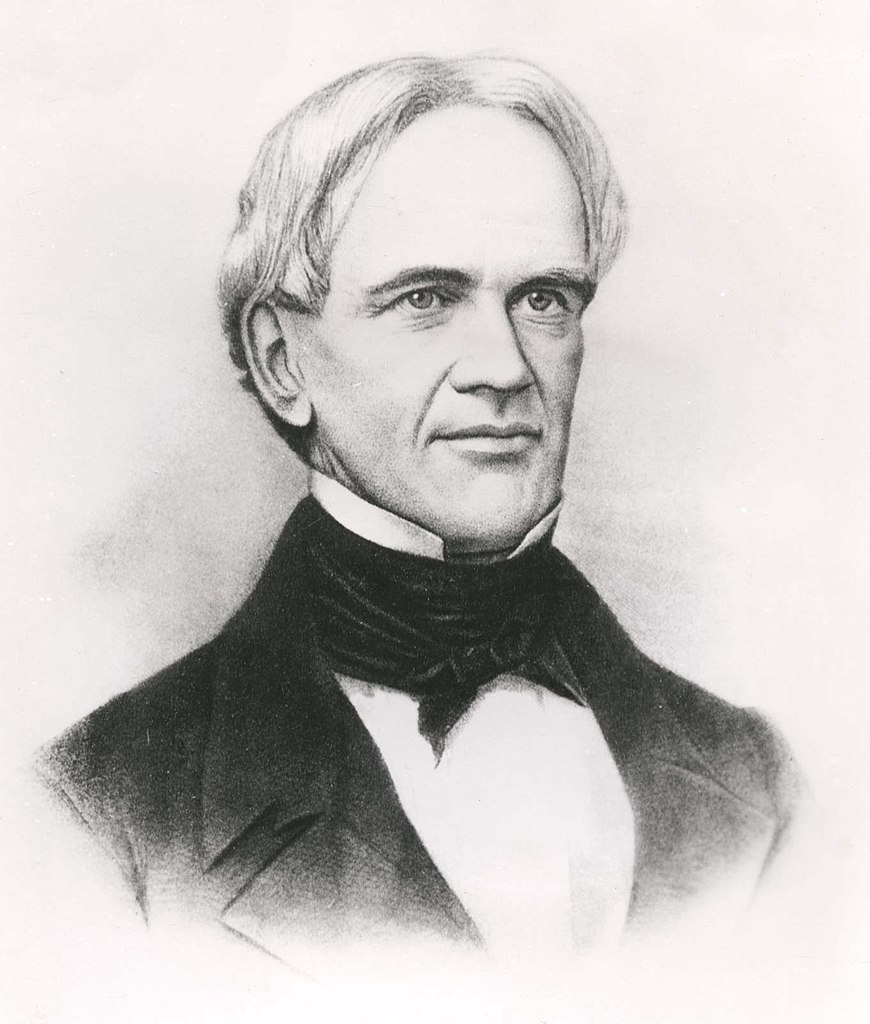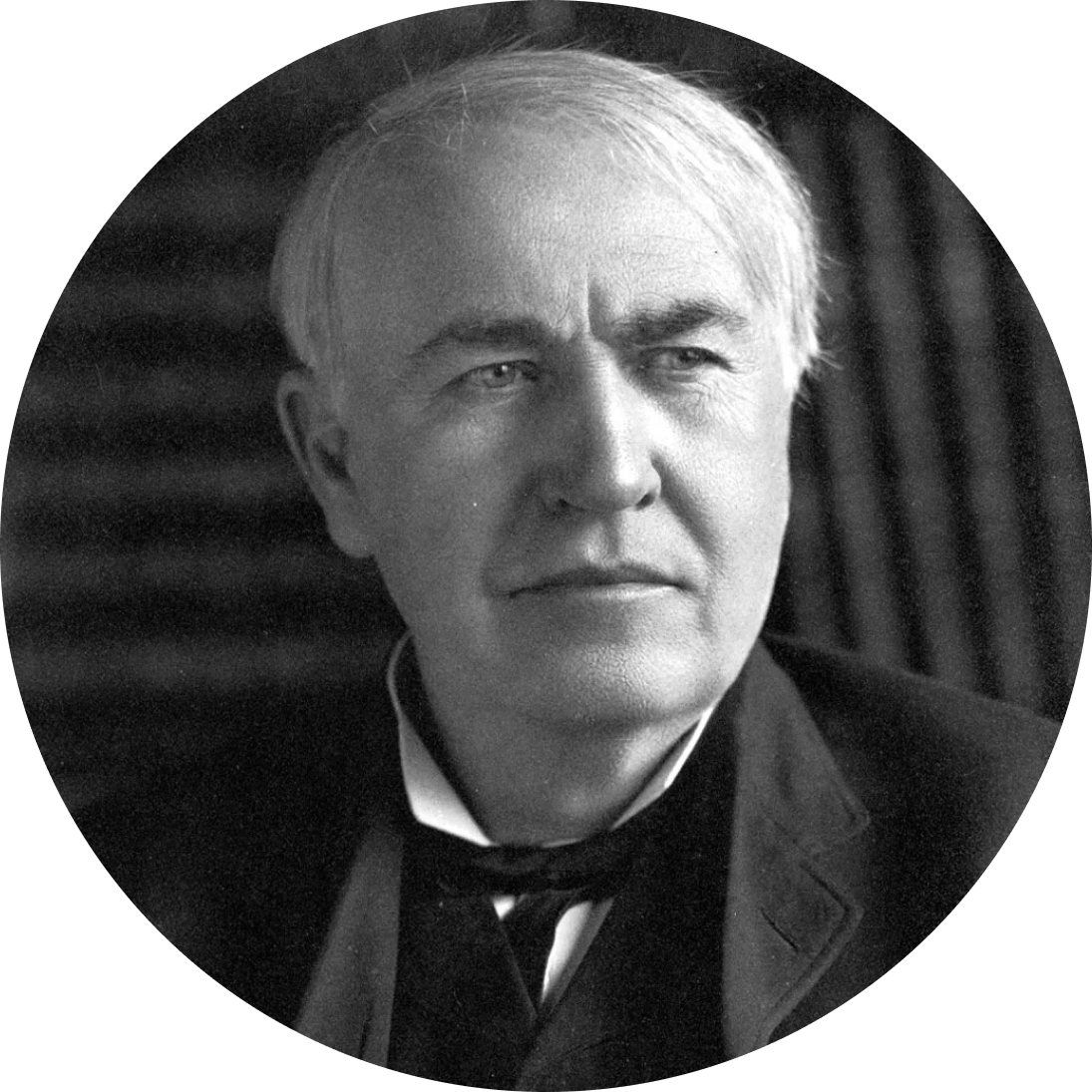Who Invented Homework? A Big Question Answered with Facts

Delving into the intriguing history of education, one of the most pondered questions arises: Who invented homework?
Love it or hate it, homework is part of student life.
But what’s the purpose of completing these tasks and assignments? And who would create an education system that makes students complete work outside the classroom?
This post contains everything you’ve ever wanted to know about homework. So keep reading! You’ll discover the answer to the big question: who invented homework?
Contents:
- When, How, and Why was Homework Invented?
- Types of Homework
- What’s the Purpose of Homework?
- Does Homework Improve the Quality of Education?
- FAQs
When, How, and Why was Homework Invented?

Daniel Jedzura/Shutterstock.com
To ensure we cover the basics (and more), let’s explore when, how, and why homework was invented.
As a bonus, we’ll also cover who invented homework. So get ready because the answer might surprise you!
Who Invented Homework?
It’s challenging to pinpoint the exact person responsible for the invention of homework.
For example, Medieval Monks would work on memorization and practice singing. Ancient philosophers would read and develop their teachings outside the classroom. While this might not sound like homework in the traditional form we know today, one could argue that these methods helped to form the basic structure and format.
So let’s turn to recorded history to try to identify who invented homework and when homework was invented.
Pliny the Younger or Quintilian?

Pliny the Younger, credit: laphamsquarterly.org
The idea of practicing schoolwork outside the classroom existed in ancient Rome. While Pliny the Younger (61–112 CE) is sometimes mentioned in popular accounts, there is no historical evidence that he personally assigned homework. Pliny was a Roman lawyer, magistrate, and author of letters describing daily life, politics, and personal affairs.

Marcus Fabius Quintilianus, credit: en.wikipedia.org/wiki/Quintilian
Rhetorical training, however, was a key part of Roman education. Students were expected to practice and refine their public speaking skills outside formal lessons, as described by the Roman educator Quintilian in his Institutio Oratoria. Repetition and practice were believed to help students gain confidence and mastery in oratory.
Johann Gottlieb Fichte

Credit: inlibris.com
Before the idea of homework came to the United States, Germany’s newly formed nation-state had been giving students homework for years.
The roots of homework extend to ancient times, but it wasn’t until German Philosopher Johann Gottlieb Fichte (1762—1814) helped to develop the Volksschulen (People’s Schools) that homework became mandatory.
Fichte believed that the state needed to hold power over individuals to create a unified Germany. A way to assert control over people meant that students attending the Volksschule were required to complete assignments at home on their own time.
As a result, some people credit Fichte for being the inventor of homework.
Horace Mann

Credit: commons.wikimedia.org
The idea of homework spread across Europe throughout the 19th century.
So who created homework in the United States?
The history of education and homework now moves to Horace Mann (1796—1859), an American educational reformer, who spent some time in Prussia. There, he learned more about Germany’s Volksschulen, forms of education, and homework practices.
Mann liked what he saw and brought this system back to America. As a result, homework rapidly became a common factor in students’ lives across the country.
The Myth of Roberto Nevilis: Who is He?

Credit: medium.com
If you’ve ever felt curious about who invented homework, a quick online search might direct you to a man named Roberto Nevilis, a teacher in Venice, Italy.
As the story goes, Nevilis invented homework in 1905 (or 1095) to punish students who didn’t demonstrate a good understanding of the lessons taught during class.
This teaching technique supposedly spread to the rest of Europe before reaching North America.
Unfortunately, there’s little truth to this story. If you dig a little deeper, you’ll find that these online sources lack credible sources to back up this myth as fact.
In 1905, the Roman Empire turned its attention to the First Crusade. No one had time to spare on formalizing education, and classrooms didn’t even exist. So how could Nevilis spread the idea of homework when education remained so informal?
And when you jump to 1901, you’ll discover that the government of California passed a law banning homework for children under fifteen. Nevilis couldn’t have invented homework in 1905 if this law had already reached the United States in 1901.
The Origins of Homework

Inside Creative House/Shutterstock.com
When it comes to the origins of homework, looking at the past shows us that there isn’t one person who created homework. Instead, examining the facts shows us that several people helped to bring the idea of homework into Europe and then the United States.
In addition, the idea of homework extends beyond what historians have discovered. After all, the concept of learning the necessary skills human beings need to survive has existed since the dawn of man.
A History of Homework in the United States
More than 100 years have come and gone since Horace Mann introduced homework to the school system in the United States.
Therefore, it’s not strange to think that the concept of homework has changed, along with our people and culture.
In short, homework hasn’t always been considered acceptable. Let’s dive into the history and background of homework to learn why.
Homework is Banned! (The 1900s)
Important publications of the time, including the Ladies’ Home Journal and The New York Times, published articles on the negative impacts homework had on American children’s health and well-being.
As a result, California banned homework for children under fifteen in 1901. This law, however, changed again about a decade later (1917).
Children Needed at Home (The 1930s)
Formed in 1923, the American Child Health Association (ACHA) aimed to decrease the infant mortality rate and better support the health and development of the American child.
By the 1930s, aCHA deemed homework a form of child labor. Since the government recently passed laws against child labor, it has become difficult to justify homework assignments. College students, however, could still receive homework tasks as part of their formal schooling.

Studio Romantic/Shutterstock.com
A Shift in Ideas (The 1940s—1950s)
During the early to mid-1900s, the United States entered the Progressive Era. As a result, the country reformed its public education system to help improve students’ learning.
Homework became a part of everyday life again. However, this time, the reformed curriculum required teachers to make the assignments more personal.
As a result, American students would write essays on summer vacations and winter breaks, participate in ‘show and tell,’ and more.
These types of assignments still exist today!
Homework Today (The 2000s)
The focus of American education shifted again when the US Department of Education was founded in 1979, aiming to uplevel education in the country by, among other things, prohibiting discrimination, ensuring equal access, and highlighting important educational issues.
In 2022, the controversial nature of homework in public schools and formal education is once again a hot topic of discussion in many classrooms.
According to one study, more than 60% of college and high school students deal with mental health issues like depression and anxiety due to homework. In addition, the large number of assignments given to students takes away the time students spend on other interests and hobbies. Homework also negatively impacts sleep.
As a result, some schools have implemented a ban or limit on the amount of homework assigned to students.
Curious to learn more about the history of homework in the United States? Check out this video for more information.
6 Facts About Homework
Test your knowledge and check out these other facts about homework:
- Horace Mann is also known as the ‘father’ of the modern school system and the educational process that we know today (read more about Who Invented School).
- With a bit of practice, homework can improve oratory and writing skills. Both are important in a student’s life at all stages.
- Homework can replace studying. Completing regular assignments reduces the time needed to prepare for tests.
- Homework is here to stay. It doesn’t look like teachers will stop assigning homework any time soon. However, the type and quantity of homework given seem to be shifting to accommodate the modern student’s needs.
- The optimal length of time students should spend on homework is one to two hours. Students who spent one to two hours on homework per day scored higher on test results. So, while completing assignments outside of school hours may be beneficial, spending, for example, a day on homework is not ideal.
- Homework has always been tied to classroom learning, acting as a bridge between lessons taught in school and independent practice at home. This connection strengthens the overall structure of educational systems, allowing students to apply their knowledge outside of the traditional school environment.
Explore how the Findmykids app can complement your child’s school routine. With features designed to ensure their safety and provide peace of mind, it’s a valuable tool for parents looking to stay connected with their children throughout the day. Download now and stay informed about your child’s whereabouts during their academic journey.
Types of Homework

Ground Picture/Shutterstock.com
The U.S. Department of Education provides teachers with plenty of information and resources to help students with homework.
In general, teachers give students homework that requires them to employ four strategies. The four types of homework include:
- Practice: To help students master a specific skill, teachers will assign homework that requires them to repeat the particular skill. For example, students must solve a series of math problems.
- Preparation: This type of homework introduces students to the material they will learn in the future. An example of preparatory homework is assigning students a chapter to read before discussing the contents in class the next day.
- Extension: When a teacher wants to get students to apply what they’ve learned but create a challenge, this type of homework is assigned. It helps to boost problem-solving skills. For example, using a textbook to find the answer to a question gets students to problem-solve differently.
- Integration: To solidify the student learning experience, teachers will create a task that requires the use of many different skills. An example of integration is a book report. Completing integration homework assignments helps students learn how to be organized, plan, strategize, and solve problems on their own. Encouraging effective study habits is a key idea behind homework, too.
Ultimately, the type of homework students receive should have a purpose, be focused and clear, and challenge students to problem solve while integrating lessons learned.
What’s the Purpose of Homework?

LightField Studios/Shutterstock.com
A genius is just a talented person who does his homework.
Homework aims to ensure that individual students understand the information they learn in class. It also helps teachers to assess a student’s progress and identify strengths and weaknesses.
For example, school teachers use different types of homework, like book reports, essays, math problems, and more, to help students demonstrate their understanding of the lessons learned.
It’s also about:
Reinforcement of Ideas
In essence, the concept of homework is about taking the ideas that teachers have shared in their classes and letting students practice those ideas and test their own knowledge outside of the usual classroom setting. This helps to reinforce what they’ve learned and, all being well, should strengthen their knowledge and understanding of various subjects.
Practice, Practice, Practice
It’s also a question of practice. Typically, the more time we spend practicing something, the better we can get at it. Homework forces students to practice techniques that they’ve been taught at school and should therefore get better at them with repetition.
Parental Involvement
Homework is also a great way to get families involved with the learning process, as students may turn to their moms and dads to help out or guide them with certain tasks, and this can foster a sense of educational engagement in the home, rather than relying solely on teachers to educate children.
Future Preparation
In their professional lives, when students are all grown up, they won’t always have teachers or other people around to guide them. They’ll need to be able to figure things out on their own. Even at higher levels of education—like college—it’s important to be able to learn and study independently, and homework helps prepare kids for that.
Education is the passport to the future, for tomorrow belongs to those who prepare for it today.
Does Homework Improve the Quality of Education?
Homework is a controversial topic today. Educators, parents, and even students often question whether homework is beneficial in improving the quality of education.
Let’s explore the pros and cons of homework to try to determine whether homework improves the quality of education in schools.
Homework Pros:
- Time Management Skills: Assigning homework with a due date helps students develop a schedule to ensure they complete tasks on time. Personal responsibility amongst students is thereby promoted.
- More Time to Learn: Students encounter plenty of distractions at school. It’s also challenging for students to grasp the material in an hour or less. Assigning homework provides the student with the opportunity to understand the material and improve academic performance.
- Critical Thinking: Many assignments ask students to analyze, evaluate, and reflect, which strengthens independent judgment and reasoning.
- Improves Research Skills: Some homework assignments require students to seek out information. Through homework, students learn where to seek out good, reliable sources.
Ultimately, research suggests that when balanced correctly, homework supports classroom learning, reinforces material, and builds lifelong skills like time management and problem-solving.
Homework Cons:
- Reduced Physical Activity: Homework requires students to sit at a desk for long periods. Lack of movement decreases the amount of physical activity, often because teachers assign students so much homework that they don’t have time for anything else. Time for students can get almost totally taken up with out-of-school assignments.
- Stuck on an Assignment: A student often gets stuck on an assignment. Whether they can’t find information or the correct solution, students often don’t have help from parents and require further support from a teacher. For underperforming students, especially, this can have a negative impact on their confidence and overall educational experience.
- Increases Stress: One of the results of getting stuck on an assignment is that it increases stress and anxiety. Too much homework hurts a child’s mental health, preventing them from learning and understanding the material.
Some research shows that homework doesn’t provide educational benefits or improve performance, and can lead to a decline in physical activities. These studies counter that the potential effectiveness of homework is undermined by its negative impact on students.
However, research also shows that homework benefits students—provided teachers don’t give them too much. Here’s a video from Duke Today that highlights a study on the very topic.
Homework Today
The question of “Who Invented Homework?” delves into the historical evolution of academic practices, shedding light on its significance in fostering responsibility among students and contributing to academic progress. While supported by education experts, homework’s role as a pivotal aspect of academic life remains a subject of debate, often criticized as a significant source of stress. Nonetheless, when balanced with extracurricular activities and integrated seamlessly into the learning process, homework continues to shape and refine students’ educational journeys.
Maybe one day, students won’t need to submit assignments or complete tasks at home. However, until then, many students have not understood the benefits of completing homework, as it helps them further their education and achieve future career goals.
Before you go, here’s one more question: how do you feel about homework? Do you think teachers assign too little or too much? Get involved and start a discussion in the comments!
FAQs

Elena Kharichkina/Shutterstock.com
Who invented homework?
The invention of homework is most often credited to Italian educator Roberto Nevilis, who reportedly introduced it in 1905 as a form of punishment. However, the idea of completing schoolwork at home dates back much earlier: the Roman teacher Quintilian is sometimes cited for assigning out-of-class tasks to reinforce learning.
In the United States, homework became widespread after educational reformer Horace Mann observed the German school system in the 1840s and brought the practice back to the U.S., helping formalize it within modern education.
Who invented homework as a punishment?
There’s a myth that the Italian educator Roberto Nevilis first used homework as a means of punishing his students in the early 20th century—although this has now been widely discredited, and the story of the Italian teacher is regarded as a myth.
Why did homework stop being a punishment?
There are several reasons that homework ceased being a form of punishment. For example, the introduction of child labor laws in the early twentieth century meant that the California education department banned giving homework to children under the age of fifteen for a time. Further, throughout the 1940s and 1950s, there was a growing emphasis on enhancing students’ learning, making homework assignments more personal, and nurturing growth, rather than being used as a form of punishment.
Was homework invented in 1095 or 1905?
Neither. It’s actually a common myth that has spread a lot due to the internet, which says that an Italian man named Roberto Nevelis invented homework either in 1095 or 1905. The history of homework actually goes back a lot further than 1095, to the days of Ancient Rome, when Pliny the Younger encouraged his students to study and carry out tasks at home.
Why did homework get banned?
Homework was banned in the early 20th century in California, as it was believed by some experts at the time that it had negative effects on children’s health. Ladies’ Home Journal led the charge against the idea of homework, and various doctors supported the claim that it was an unhealthy practice.
Who invented school and why?
The origins of school as a structured learning environment are often credited to Horace Mann, who developed a formal educational system in the 19th century. His goal was to provide equal learning opportunities, improve time management among students, and prepare them to contribute to society.
What is the full name of homework?
The word “homework” is not an acronym but a compound word formed from “home” and “work.” It simply refers to academic tasks assigned by teachers for completion at home. These tasks are designed to reinforce classroom lessons and encourage independent problem-solving skills.
Who was the first person to do homework?
While the exact first student is unknown, historical records show that pupils of Pliny the Younger in Ancient Rome were among the earliest to complete formal assignments outside of school.
The picture on the front page: Evgeny Atamanenko/Shutterstock.com
Проверьте электронный ящик





















